Adapted by the author from his book “Kings and Presidents: Saudi Arabia and the United States since FDR” (Brookings Institution Press, 2019).
Colin Powell shaped American history as the first African American secretary of state and as a role model for the American success story, going from growing up in the South Bronx to serving as national security advisor, chairman of the Joint Chiefs of Staff, and the country’s top diplomat. I worked with Colin for over a decade, but my favorite memory is of a meeting of the National Security Council principals chaired by President George H.W. Bush on August 5, 1990.
Three days earlier, Iraq had invaded Kuwait. The day before, the president had convened his national security team. Director of Central Intelligence William Webster read the highlights of a memo my Persian Gulf Task Force had prepared. As National Security Adviser Brent Scowcroft later wrote, Iraqi leader Saddam Hussein was posed to seize Saudi Arabia next. “This will fundamentally alter the Persian Gulf region. Saddam would command the second and third largest proven oil reserves with the fourth largest army in the world.”
Powell recalled that Webster said Iraq would control almost half of the world’s oil. “The CIA Director gave us a bleak status report. The Iraqis are within eight tenths of a mile of the Saudi border.” The danger was acute.
On the morning of the 5th we detected the Iraqis massing at the border and stockpiling ammunition and gasoline nearby. Eight divisions of the elite Republican Guard were in place to invade eastern Saudi Arabia and four more armored and mechanized divisions of the regular army were moving into Kuwait. If they attacked, the Iraqis could sweep through Saudi Arabia’s key oil-producing region and reach the United Arab Emirates capital of Abu Dhabi in 48 hours, if not faster.
Webster told the president and his team that the Iraqis were posed to overrun the Gulf. There would be no more warning time. The moment of truth was imminent. Sitting behind the director in the cabinet room of the West Wing I thought this is the most important intelligence judgment of my career. The stakes were enormous.
Bush listened closely to the director and then turned to the chairman of the Joint Chiefs of Staff, Powell, and asked if the Joint Staff agreed with the CIA. I was at the edge of my chair. Powell said yes, the military fully shared our judgment.
The Saudis agreed to host a half million American and allied troops to defend the kingdom in Operation Desert Shield. The combat mission Operation Desert Storm followed six months later, liberating Kuwait. Bush wisely stopped at the Iraqi border.
Powell was the driving force behind Desert Shield. He was determined that the forces sent to the Persian Gulf be strong enough to easily destroy the Iraqis if war commenced. No partial deployment.
Colin Powell was the most popular American general of the 20th century after Dwight Eisenhower. Only a few years after the Gulf War he chose not to run for president though he could well have been a competitive candidate. Our nation owes him a great deal. He was also a good and decent person who looked after his troops. On August 5, 1990 we agreed, a moment I will never forget.
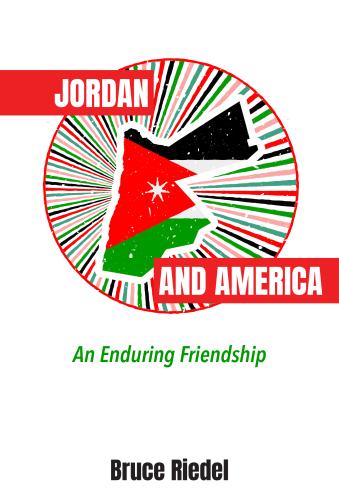
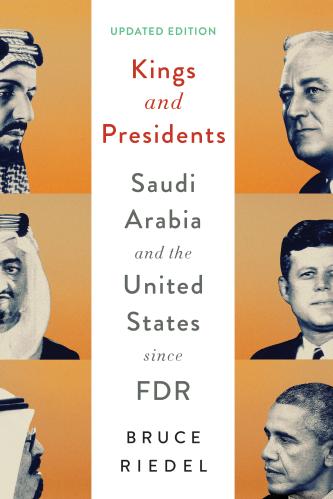
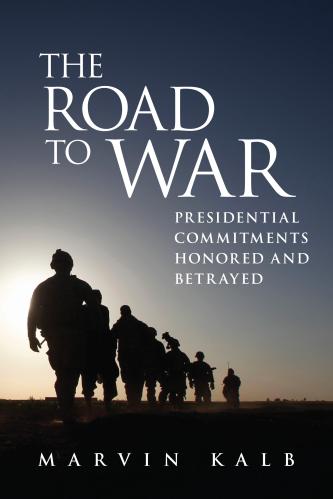
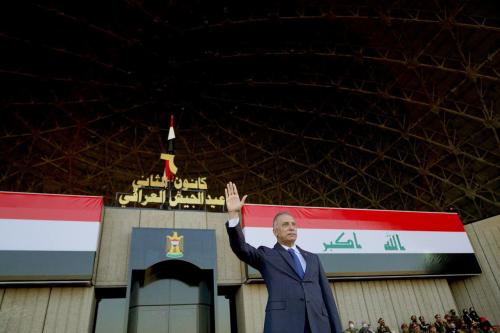
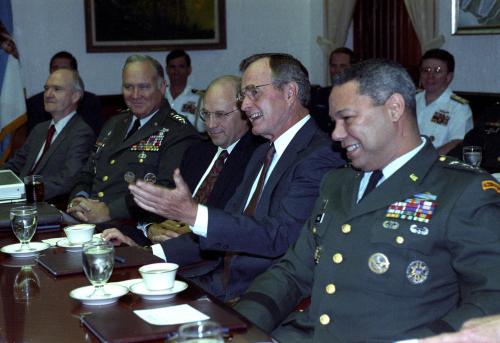
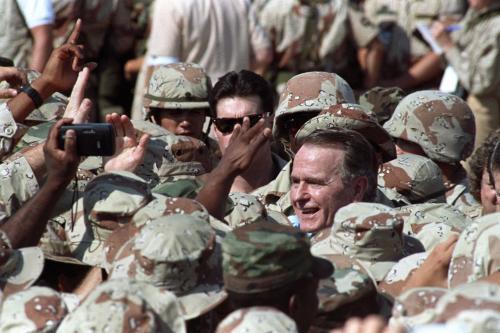

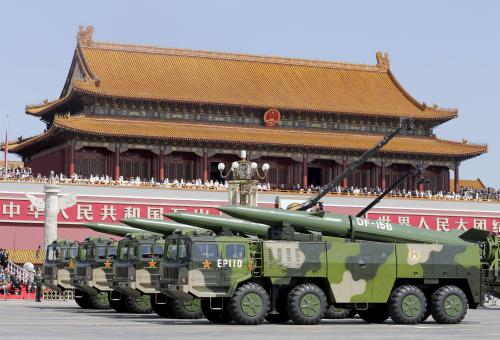

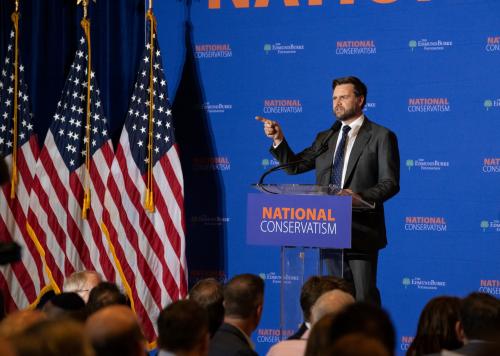
Commentary
Remembering Colin Powell and a pivotal moment before the Gulf War
October 18, 2021